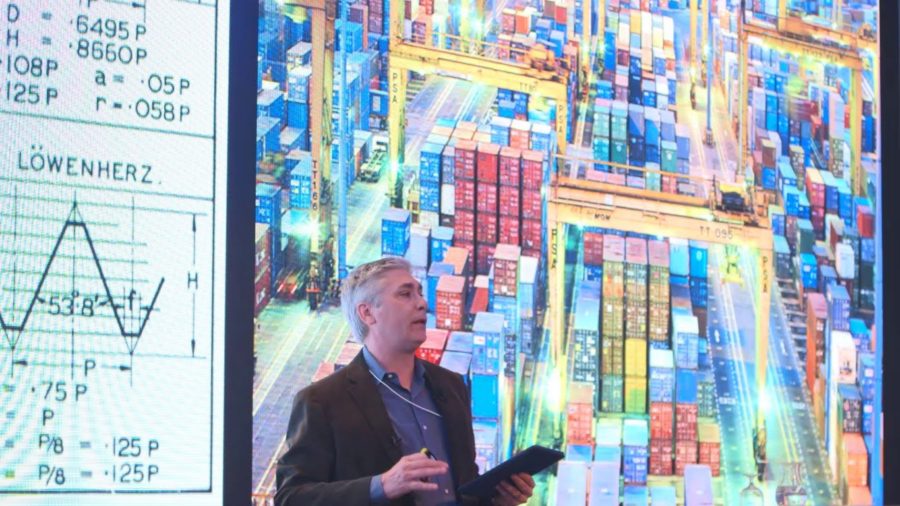The Fourth Industrial Revolution is ushering in a significant increase in connected machines, connected products. And at the same time, the people who are standing next to these highly sophisticated machines are ultimately connected in their home lives. They carry a cell phone that’s managing their smart car, their smart home, their smart systems. But they have almost no interaction with the systems at work.
Archive

Our connectivity not only spreads good ideas, it spreads bad ones too. Our connectivity not only allows us to make finance travel around the world and help people, it means that a cascading risk that originates in the South of the US can be everywhere within a matter of hours. And this hyperconnectivity, this butterfly defect of globalization, requires new management.

The question that philosophers have asked since antiquity is how should you live? What is the good life for a human being? And the two answers that have repeatedly come back time and time again are that there are two things that matter. One is agency. That’s to say being in control of your life, actively, creatively engaging with the world. And the other is community.

One of the ways that industrial revolutions are interesting to think about is that they look differently depending on how and where you see them from. They look different whether you see them from Europe or Asia or Africa. But regardless of time or place, economists and historians generally tend to look at industrial revolutions through the lens of innovation. And in my short talk today I want to encourage a different way of thinking about this.

